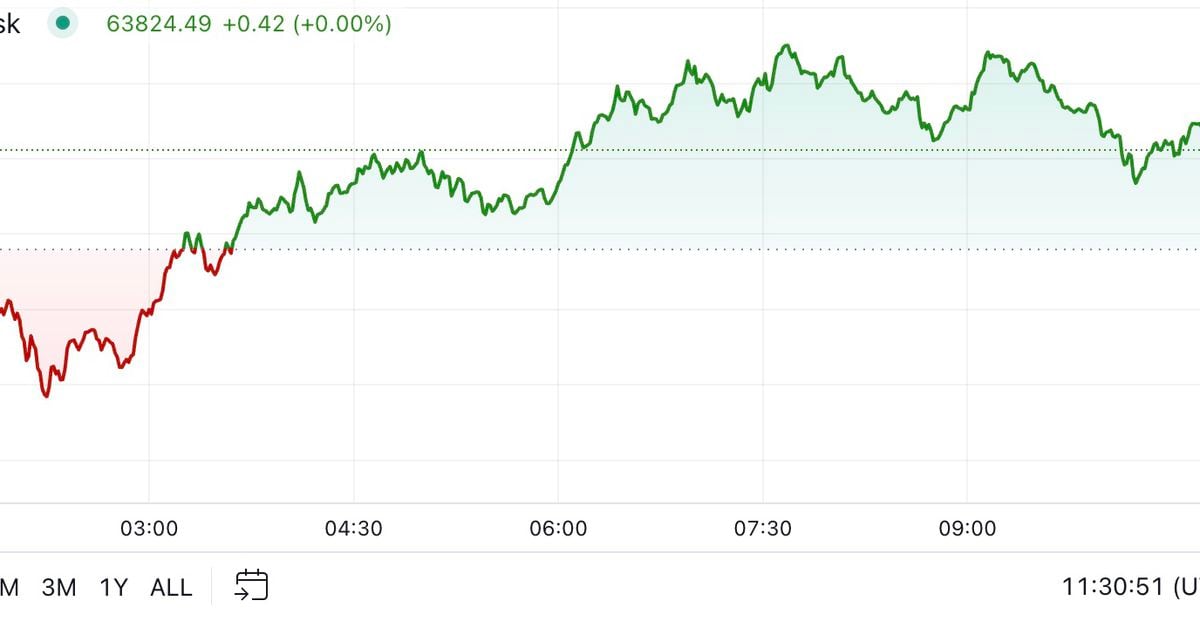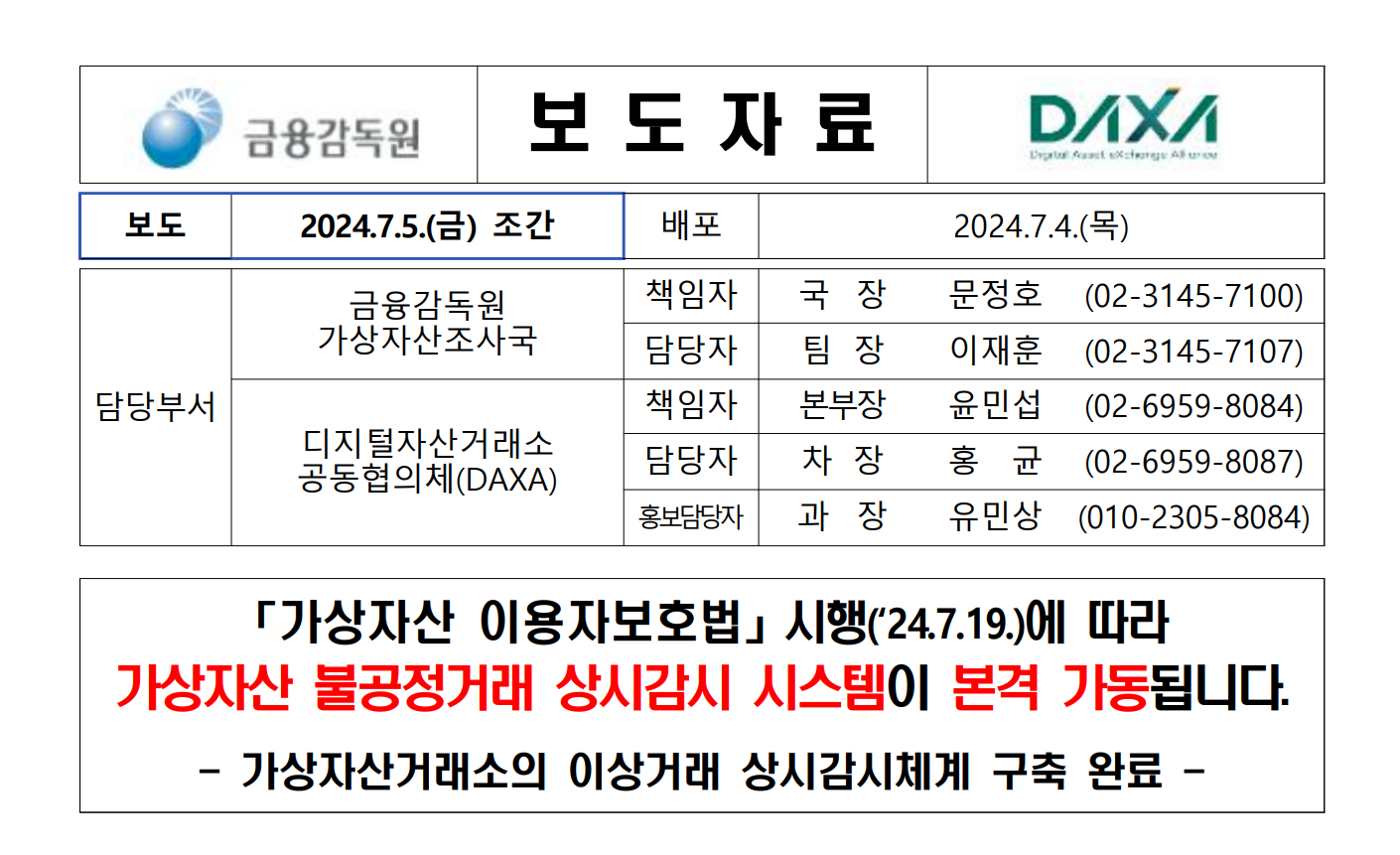On Tuesday, European lawmakers gave a mandate requiring banks holding cryptocurrencies to abide by more stringent measures. The Parliament’s Economic and Monetary Affairs Committee enforced increased capital requirements for any institution possessing digital assets.
Prohibitive capital requirements introduced
Markus Ferber, a member of the European Parliament, claims that banks must ‘hold a euro of their own capital for every euro they hold in crypto.’ He pointed out that crypto assets are hugely risky investments and clarified why this regulation was essential. Ferber added that the prohibitive capital requirements will help prevent instability in the crypto world from spilling over into the financial system.
The move will limit the amount of unregulated digital assets, such as Bitcoin and Ethereum, that lenders are permitted to possess prior to when the European Commission executes additional restrictions. The Association for Financial Markets in Europe (AFME) has also declared that the law could apply to tokenized securities as well.
EU lawmakers have also adopted a stricter stance on when foreign banks serving customers within the region should open branches or convert existing ones into more heavily capitalized subsidiaries.
In order to attain a greater degree of sovereignty in the capital markets, the EU is eager to increase its “strategic autonomy” as they face a financial rival right on its doorstep due to Brexit.
AFME also warned against the possible “catastrophic” effects of restricting the EU’s access to international markets and cross-border services.
Global regulators take steps to protect investors
Global regulators have taken steps to protect investors from fraud and manipulation. Recently, South Africa’s Advertising Regulatory Board issued new crypto regulations that require advertisers to provide disclaimers in their ads and refrain from taking advantage of consumers’ lack of knowledge.
Today, France’s National Assembly will discuss if cryptocurrency companies must comply with a regulated licensing system in the near future. This debate is set to clarify how these crypto companies should operate under French law.





